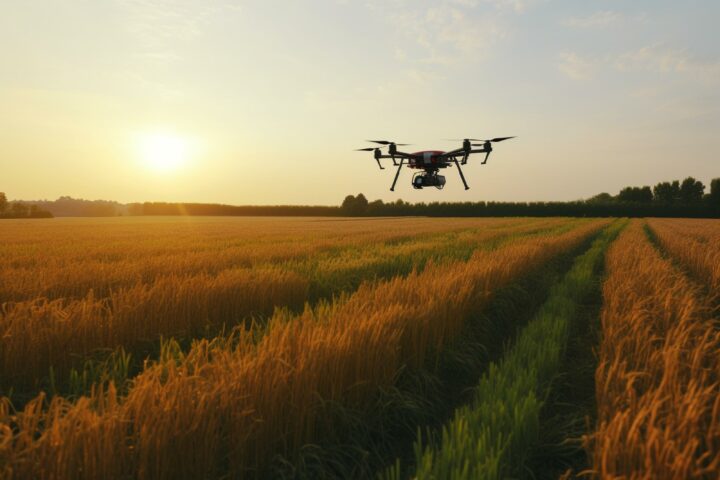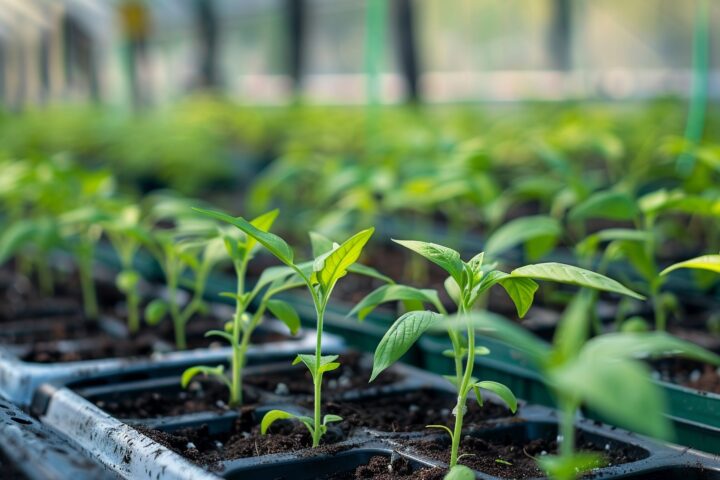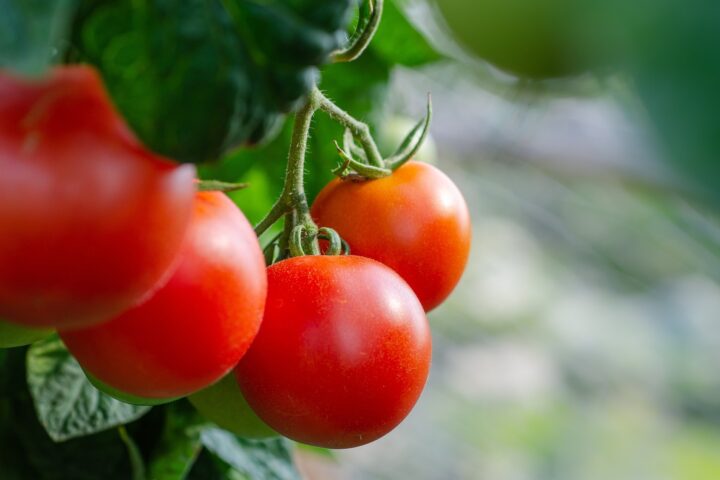
«How can our agriculture and food system become fit for the new normal?»
It is time to say goodbye to millimeter agricultural policy, says Liebegg director Hansruedi Häfliger in view of the global multi-crisis. Farming families should be given back the necessary room for maneuver so that the agriculture and food economy becomes more resilient.
Tuesday, April 11, 2023
The beginning of the year is an appropriate time to look back and take stock: the world is in a multi-crisis! A brutal war of aggression rages in Europe, and the global geopolitical situation is more unstable than ever. War also rages in cyberspace and even in outer space. Climate and hunger crises contribute to massive migration flows, and the energy crisis, along with the effects of COVID-19, cause insecure and disrupted supply chains. Financial and commodity markets react with corresponding instability, fueling inflationary tendencies. Additionally, global land grabbing and brain drain occur alongside unprecedented labor shortages in Western Europe.
Crises require adaptive systems
The world has entered a "new normal" that will affect us for decades to come. The volatile, uncertain, complex, and ambiguous world increasingly overwhelms people, leading to a sense of loss of control. In an attempt to regain control, people ask for more planning, increasing the need for structure, order, and compliance. However, scientific research shows that routines, checklists, and standardized procedures are of limited use in turbulent times. Broad competencies and personal responsibility are essential. Crises call for resilient individuals with perseverance and trustworthy minds with leadership skills. Crises require adaptive systems that provide room for maneuver for the actors.
Balancing conflicting goals is crucial
Currently, the Swiss economy remains in a robust position. Ample room for maneuver and intensive "training" with trading partners have kept the actors fit. However, the multi-crisis will increasingly put pressure on today's prosperity, and basic human needs will become more important at the same time. Thus, we would do well to make our agriculture and food sector more resilient by giving farming families the room for maneuver they need and moving away from overly restrictive agricultural policies. We should also increasingly weigh the prosperity-driven trade-offs in the environmental and rural sectors according to the principle of systemic relevance. It is not yet too late to prepare ourselves for the new normal.

Hansruedi Häfliger is Director of the Liebegg Agricultural Center. This guest article was first published in the "BauernZeitung" of February 17, 2023.
Kindly note:
We, a non-native editorial team value clear and faultless communication. At times we have to prioritize speed over perfection, utilizing tools, that are still learning.
We are deepL sorry for any observed stylistic or spelling errors.
Related articles

Why AI has not yet had its breakthrough in agriculture
Artificial intelligence is gaining ground in many areas. However, the new technology does not yet seem to have really arrived in agriculture. The reason for this is nature, which is throwing a spanner in the works of AI. Nevertheless, the opportunities that AI could offer agriculture are immense.

Nutrition: Does the future belong to the green gene scissors?
New plant varieties contribute to security of supply. The new breeding methods known as "gene scissors", such as Crispr, have the potential to revolutionise agriculture and nutrition.

Regional products are more in demand than ever
The demand for regional products could hardly be greater. This is shown by a new study by the Zurich School of Business. Consumers even consider regional products to be significantly more sustainable than organic or premium products. To keep up with this trend, it is therefore all the more important to promote modern breeding techniques and plant protection products.

Tomatoes: From «water bomb» to aromatic fruit
The diversity of commercially marketed tomato varieties is greater today than ever before. This has to do in particular with the breeding of new varieties.

